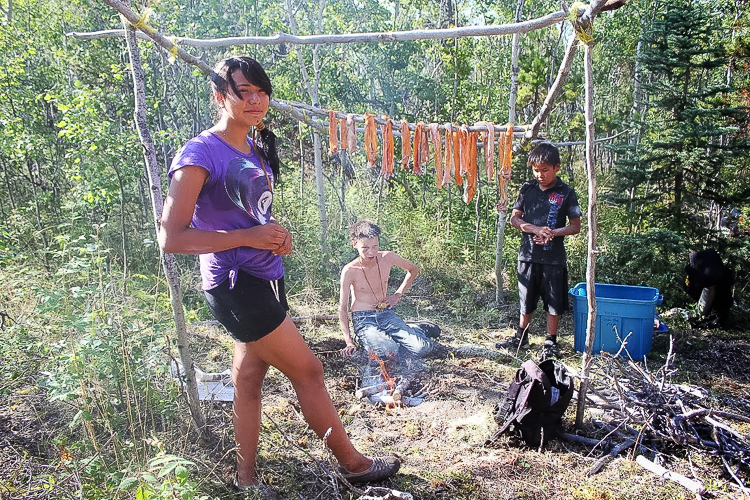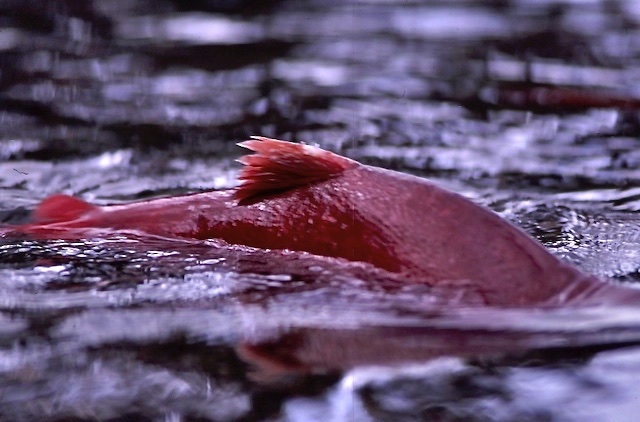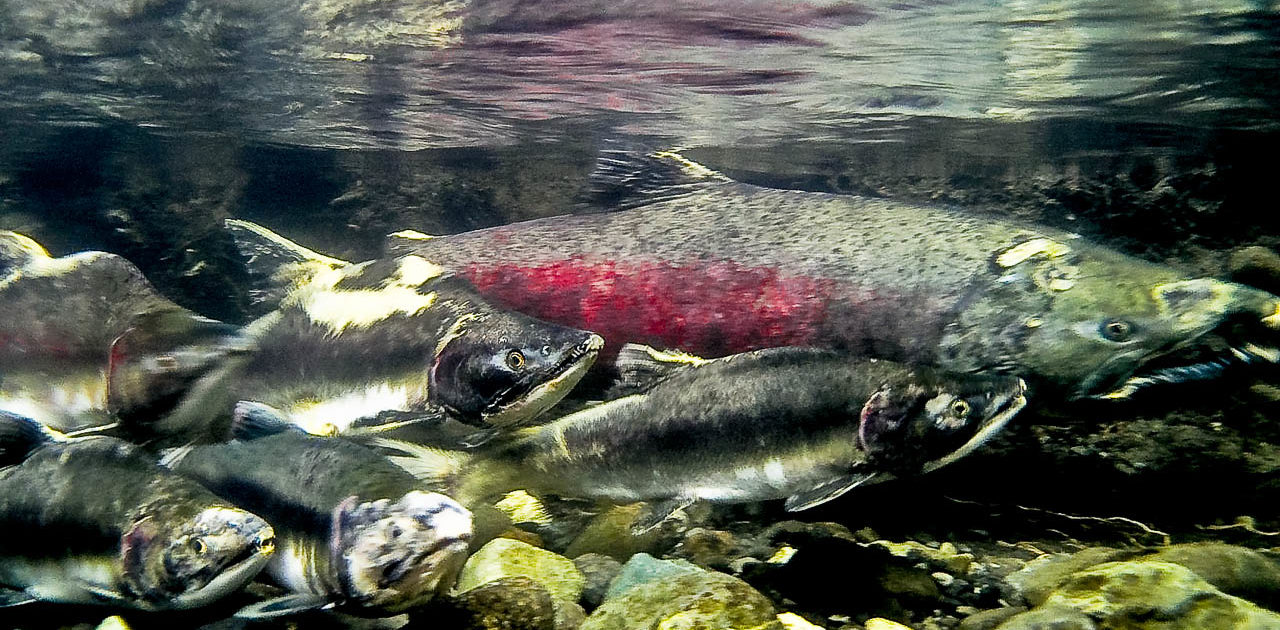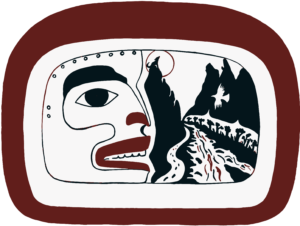Taku Salmon Resiliency
Conserving Taku River Salmon
Taku River Salmon Cultural & Ecological Resiliency
The Tides Canada Pacific Salmon Fund and the T’akhu A’Tlen Conservancy provide granting support to this project. The project activities are being undertaken in collaboration with the Taku River Tlingit First Nation Fisheries Department and Round River Conservation Studies.
In the project's first phase (2017-2018), we collected and synthesized indigenous knowledge (IK) with western science to understand the challenges, impacts and priorities to restore and enhance the resiliency of both the ecological salmon system and the cultural system that protects it. This work included documenting Tlingit cultural and spiritual relationship with Taku salmon and the challenges faced by Tlingit on both the Canadian and American sides in maintaining these relationships. This work synthesized Indigenous Knowledge and science to develop an understanding of the key impacts to Taku salmon, identify the metrics to represent healthy salmon, ecosystem and indigenous socio-ecological salmon systems and identifying actions, activities, analyses and capacity that support the TRTFN in advancing a new approach to salmon management in the Taku River.
Based on this background work, two major objectives to improve the cultural and ecological resiliency of salmon in the Taku watershed have been identified:
Objective 1: To restore or maintain strong, resilient wild salmon runs, particularly for Chinook, sockeye, and chum.
The ability of the TRTFN to conserve Taku salmon relies on understanding the primary ecological stressors on specific salmon species within core regions of the watershed, as well as acquiring the scientific basis for developing technically sound robust alternatives to the current management system. Six high priority activities to acquire the information and the tools needed to achieve changes in the management of salmon have been identified.
Objective 2: Support and revitalize TRT salmon culture and management authority
The Taku Tlingit people have been the primary drivers of the conservation of the Taku watershed, and remain the most committed advocates and long term stewards of the system. Yet, their cultural connections to salmon are facing increasing stressors due to the physical and economic barriers faced by the local communities in accessing the Taku and traditional salmon resources. A number of activities to reinforce and reinvigorate the cultural importance of Taku wild salmon to the Tlingit people have been identified. In 2018, TAC will support the development of an annual salmon celebration on the Five Mile Reserve in Atlin, BC.





